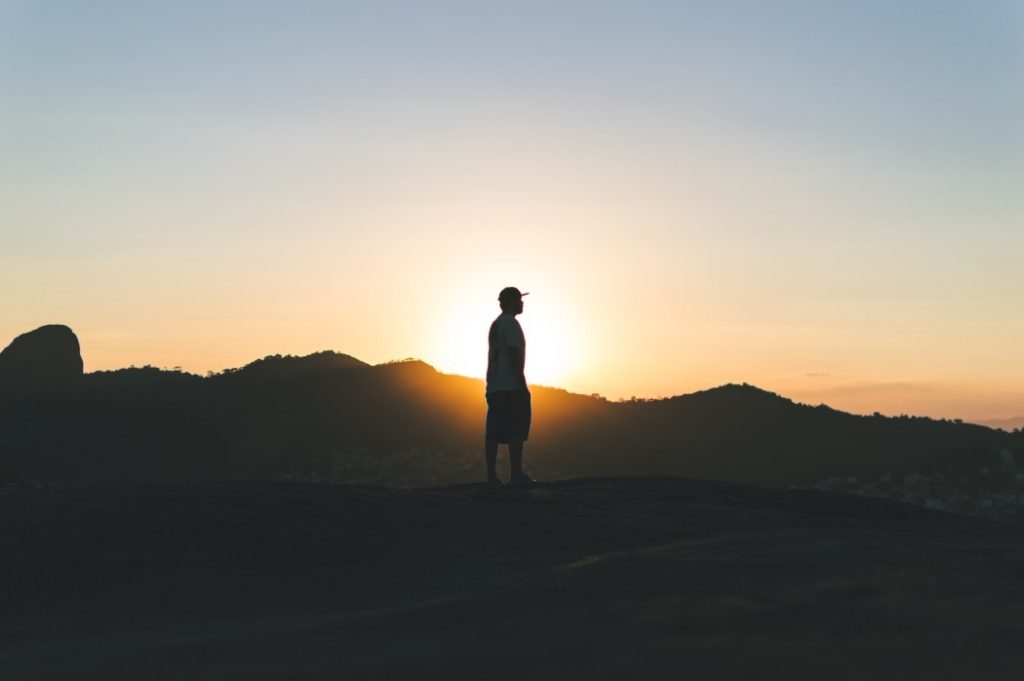Wow. Just found this site, and like most of the posts here I am amazed how well it describes what I have been feeling – in my case, since I was twelve. Now I’m 26 and have always just assumed that I felt ‘existential angst’ a bit more strongly than other people. So many of the descriptions here – hyperconsciousness, anxiety, inability to relax, preoccupation with mortality, loss of perception of control – all have applied to me most of the time, and in several episodes of my life in a more extreme form than I thought I could handle. When my mum died when I was twelve, I felt like this for about two years, and can’t really remember that time at all, except the feelings of sickness and pain that most of you are familiar with. Then I had various similar episodes at sixth-form college, and then in the third year of university during another stressful period it got too much and I went to my doctor and was prescribed medication to help with the anxiety. It helped a bit, but I have always felt too conscious just under the surface. Somebody said in one of the posts here that the worst aspect of DP is feeling, when the episodes happen, that these are in some way more ‘true’ than the episodes when you are ‘normal’. This really hit home to me. I also had problems with my internal monologue – the best way I can describe it is not really knowing what to do with your internal voice – just being hyper-aware of its existence and knowing that this just isn’t normal, but being unable to remember what *is* normal.
I have felt ‘better’ – by which I mean that the feelings are less severe, or that I have learned for the most part to accept them – for a few years now. I
think one important thing for me was finding a creative outlet (in my case photography) in which you can be as hyper-aware as you like – in fact, the more
conscious you are, the more it helps, unlike most of the time! So, for the most part I’m coping. In fact, during all but the most severe episodes (when you’d give *anything* to make it stop), it can almost feel like an advantage. In many ways I feel so much more alive than other people, and that I can appreciate beauty where others can’t see it. Sorry if this is indulgent, but this is an extract from something I wrote when I was nineteen – I dug it out again after finding this site, and I think it’s amazing how much it fits in with what other people describe ! (it was written years ago, so sorry if it makes you wince.)
“Most people are not worth the double-helix they’re written on. People roll on in their immortality, remarking on the weather, and on the stupidity of others, and singing songs devoid of meaning as though they understand them. I will survive, they force through screwed-up eyes and crinkled brows; then they continue with the business of living. I am not one of those people. I was forced awake. My bubble was quite metaphorically burst. I woke up the way a lot of people who become too conscious wake up; I watched somebody stop living at an age when most don’t know that this can happen.
Child apprentice Buddhist monks are made to meditate next to a corpse for many hours a day over several weeks, until they accept that death is life. There is no such preparation available where I’m from, and I was neither sanguine nor wearing orange robes when the same concerns were handed to me.
The eyes, the windscreen of the soul, can only take such punishment for a while. I felt myself bulging against them on several occasions. I can only describe it in a manner that sounds romantic; each time I thought too hard about thinking, I became more solid, more pressurized, closer to the surface. There’s nothing romantic about actually falling through your eyes, though, and when the glass finally shatters and you’re there, gasping and lacerated on the pavement in front of your corpse, you know it. That’s what happened a few months after the funeral.”


